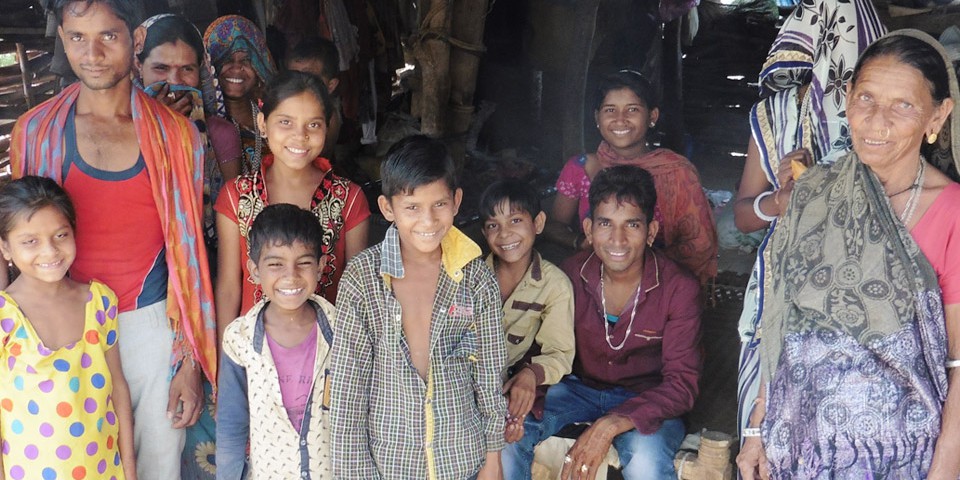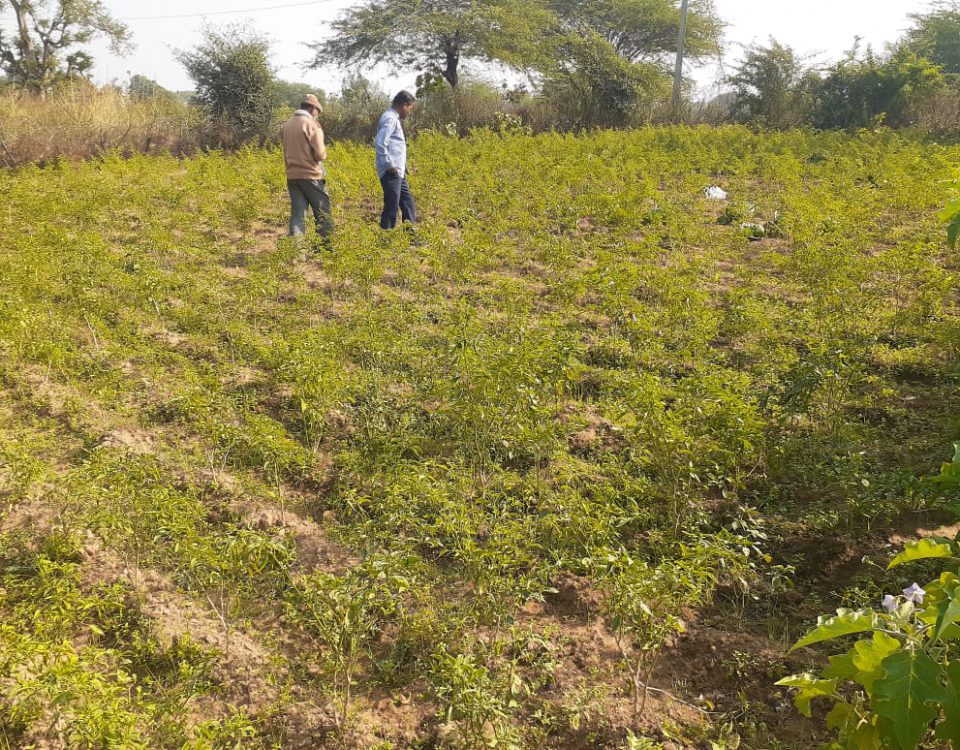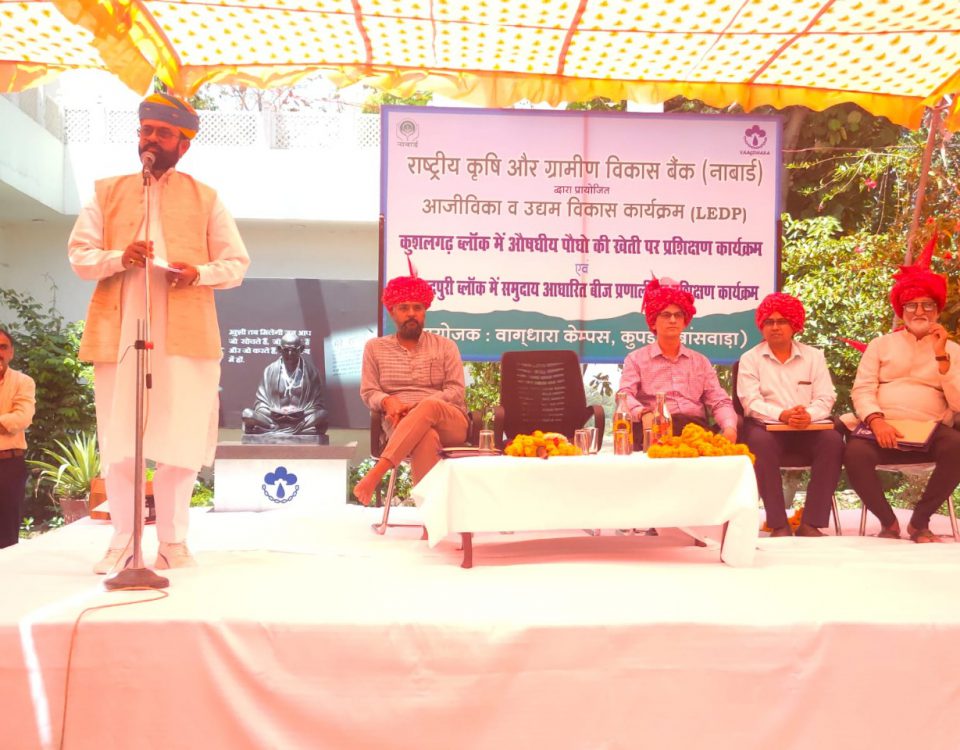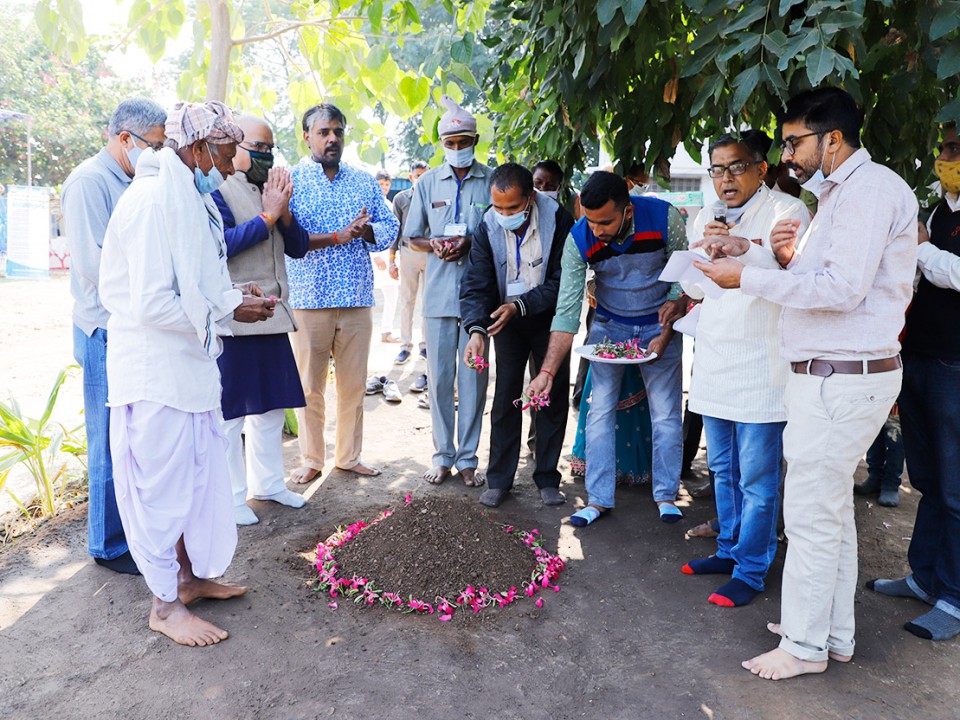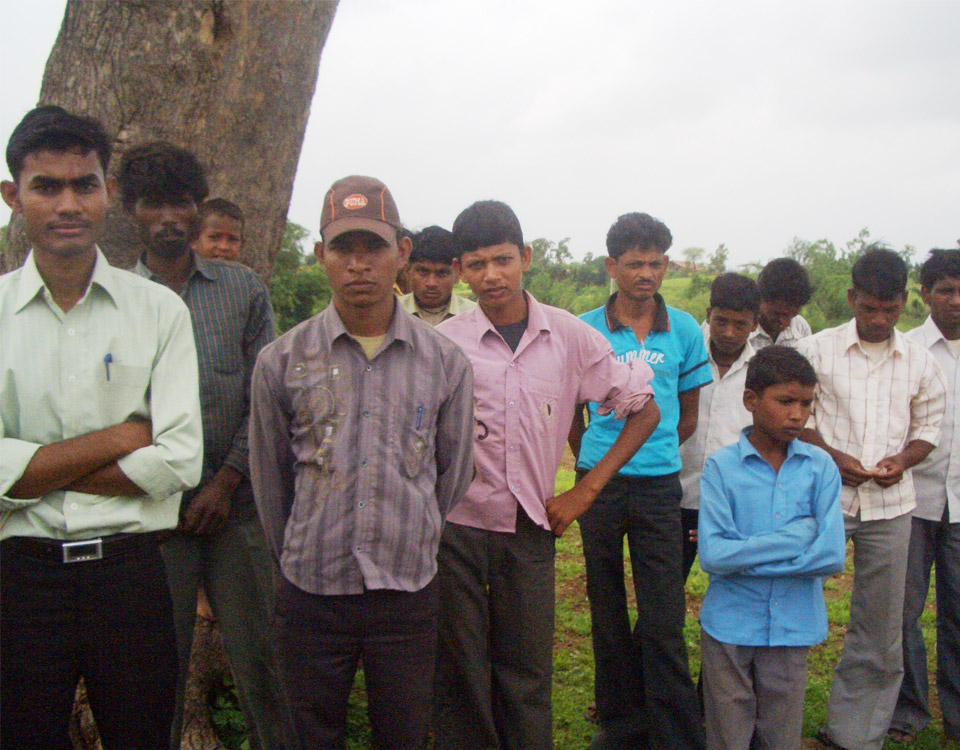
8.4 Crore kids in India still don�t attend school � Vaagdhara helps in mainstreaming the drop outs
September 25, 2016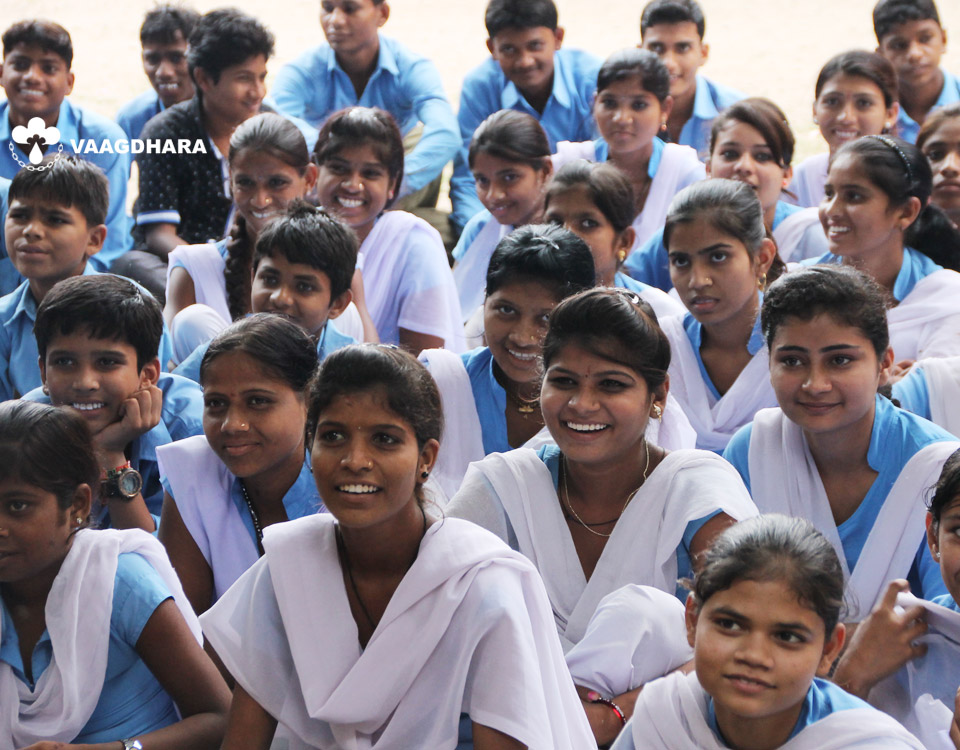
VAAGDHARA�s contribution in mainstreaming the drop outs
October 13, 2016Every politician promises to make the economy fairer for tribals and other marginalized sections of the society, by bringing the budget in a good shape than before. But very unfortunately, their words seldom translate into action. This time, the government seemingly kept the promise and passed a budget with 25% upsurge in the allocation of funds meant for Scheduled Caste and the Scheduled Tribes.
However, it did no good, as more than 1/3rd of the funds given by the government for tribes �Rs 32,979 crore� remained unspent. Various tribal advocacy groups see different reasons behind the unused sum allocated by the union ministry for the betterment of the vulnerable sections. Here in this article, Vaagdhara presents its views as in what could be the causes of such severe deprivation.
The first reason of negligence we see is – the committees set up by the governments at various levels to facilitate the optimal use of the funds are not so ineffective. These bodies were formed to find out issues at the local level, align suitable schemes to them, and ensure a proper mechanism to fix malfunctions. The other major reason is � quite a part of the funds are limited to infrastructure programs, offered for vote-garnering just before the elections. And yes, infrastructural developments like new road construction, do serve good purpose bringing remote locations closer to the mainstream. But, the primary areas � education, healthcare, and sustainable rural development � which are vital to the economic, social and environmental viability of India, go overlooked.
Working for the betterment of tribal regions of South Rajasthan, we have analyzed that the inhabitants here are severely deprived of the basic amenities. Funding from the government should be directed towards ensuring the fundamental rights of the tribes including children and women. For example � the birth certification process currently, in the Banswara district of Rajasthan, is very lengthy and complex. For children belonging to these marginalized sections, it becomes critical to get them enrolled in schools and for primary healthcare amenities. If these funds were effectively channeled to ensure easy and free/affordable access to fundamental rights, the scenario of these sections of the society would have been much better today.
Also, we see a considerable potential for job creation in these rural areas in farming, agro processing, and sustainable management of natural resources, waste and residues. Use of these funds, by the assigned committees, in sustainable development can enhance their well-being. The bottom line is – instead of grand plans that remain to paper, if the government bodies focus on ensuring the basic rights that the tribals are entitled to, and effectually channelize the budget allocated by the Union ministry, the situation would be much better!
Subscribe to our newsletter!


